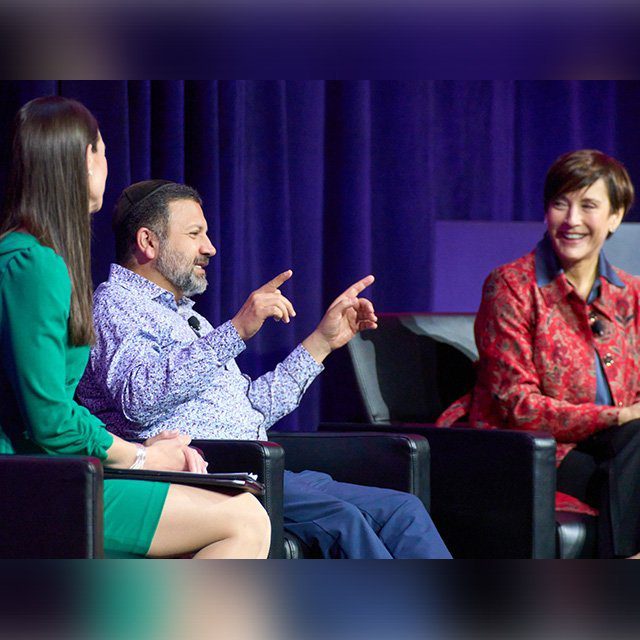Where a Value Manager and a Growth Manager See Opportunities, Risks Now

“This next crisis has created more inflationary pressures and they look to be prolonged,” Ketterer added. She called recession likely in Europe and possible in the U.S., and said cyclically sensitive stocks such as industrials, materials and financials should do well coming out of a recession.
“They’re going to come roaring back and we think it’s absolutely essential to be positioned for that,” she said.
Simnegar has generally pulled out of China despite a positive view of the economy there, going from a bullish to a neutral view based on government crackdowns on business. If there are further actions against the private sector, “I’ll probably take that weighting down as well,” he said. “Whenever the government gets too involved I tend to run away,” he said.
Causeway has less exposure to China now than it did two years ago but Ketterer considers the country “absolutely critical,” given it accounts for more than 30% of the emerging market index. “You can’t keep pressuring your private sector, which is the source of all your GDP growth and expect anything positive to happen from that,” she said, adding that China’s pandemic-related lockdowns and travel restrictions create the biggest pressures now.
Ketterer sees opportunity, however, in Chinese airports, which she called good infrastructure businesses that collect fees and face no competition.
“From an emerging markets perspective, we’re advocates,” not taking an overweight view but interested in taking part, especially after the selloff, said Ketterer.
Supply Chains Shifting From China
Simnegar noted that many manufacturers are moving out of China, and cited a major athletic shoe maker that’s taking most production elsewhere in Southeast Asia. Semiconductor manufacturing is returning to the U.S. and Europe out of concerns over intellectual property, he added.
“A lot of more sensitive areas of the supply chain are being rebuilt closer to home and the home markets, and I think that’s a major trend that’s happening. And because wages are high and workers are scarce, I think you’re going to see more automation, so you want to own companies that are very much geared toward providing solutions in terms of automation, software, hardware,” Simnegar said.
Longer term, Simnegar thinks economic conditions are “very bearish for emerging markets and very bullish for developed markets,” with more job creation expected in developed markets and rising interest rates and inflation more difficult for emerging markets. “You want to be more invested in R&D, technology-oriented, future-facing businesses developing their supply chains in developed markets,” he said.
Simnegar avoids commodity-oriented companies and is bearish on oil longer term because he thinks electric cars will destroy demand for oil over time. He likes reasonably priced, high-quality, exceptionally well managed companies with compound earnings that he can hold, like luxury brand LVMH.
He said he’s not interested in businesses that depend on the president or the Fed or oil prices. “I like companies that have their destiny in their own hands, they’re based on premiumization and luxury,” he said. Big box retailers, in contrast, don’t have the same kind of pricing power, he added. “Their customers are getting squeezed and they’re getting squeezed.”
Market risk is lower now than it was a year ago, with the Russia instability taking some air out of the bubble, according to Ketterer. “There may be more to go, it’s hard to know how much more. From an investment level, we’re calmer now,” she said.
“We’re not in boom any longer and so that creates an extra level of conservatism,” she said. “If you’re a value manager you’re already looking at stocks with some level of skepticism and they need to be sufficiently undervalued to create that margin of safety.”
Left to right: Katie Rushkewicz Reichart of Morningstar, Sammy Simnegar of Fidelity and Sarah Ketterer of Causeway Capital Management. (Photo: Matthew Gilson Photography)




